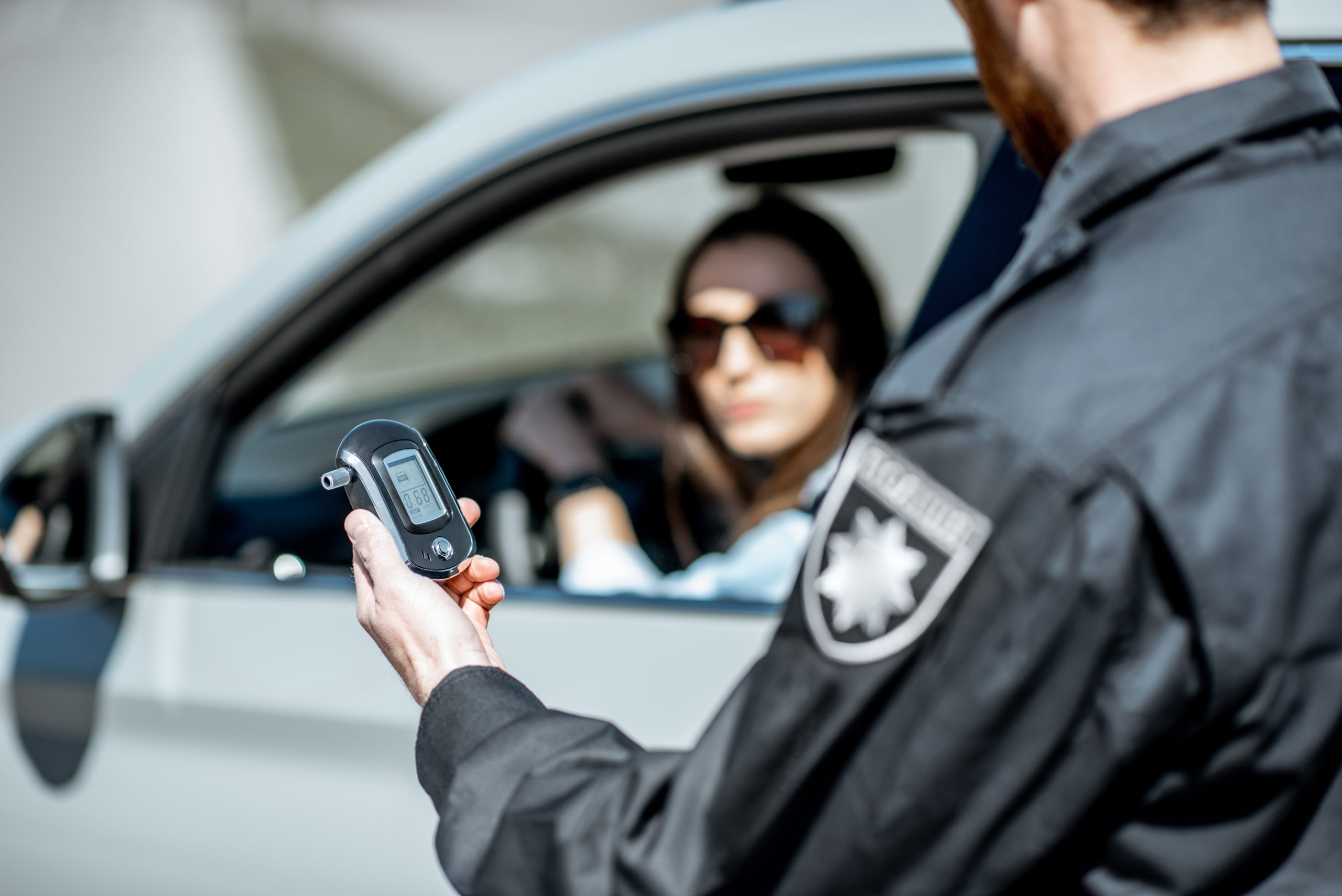There is no denying that opioids can cloud a person’s judgement. They can also create a serious impairment if you choose to get behind the wheel. But for law enforcement, it is much harder to detect the usage of these drugs if you happen to be pulled over. So, researchers at the campus of UC Davis are working to create a breathalyzer that can instantly tell if someone is inebriated with painkillers.
Obviously, the country’s opioid crisis is at the root of this issue. With hundreds of thousands dependent on painkillers, this has become a full blown epidemic. But it is important to point out that those who use don’t just hurt themselves. Beyond the fatal overdoses, addicted Americans are also causing damage to others; particularly when they drive while intoxicated.
Currently, though, technology does not exist for immediate opioid drug testing. The team at UC Davis is hoping to change with, what they call, ” a minimally invasive tiny device that collects people’s breaths.”
Dr. Nicholas Kenyon is one of the leads on the project and explained to TheFix.com that it can serve many purposes.
“I believe that this device can help a multitude of professionals including firefighters and law enforcement to identify drug use,” Dr. Kenyon explained. ““It can also help doctors tell if their patients are taking the drugs like they’re supposed to.”
Results for the device will reportedly work quickly as well. Dr. Kenyon added that administrators could tell if the user was positive for opioids in just under one minute.
The device is also being touted as a tool to help parole officers or those who have to monitor a person’s sobriety progress. And with such a wide variety of uses, it’s lightweight nature and portability can really come in handy.
Set to arrive within the coming year, the breathalyzer price tag should be around $500 (which actually will make it quite affordable for sober living homes). We can certainly see many long term benefits to a product like this and, as Dr. Kenyon added, the goal is to greatly expand its reach over the next decade.
“I would love to say in one to three years that we actually have people using this for one of the application areas and I do think from there it will grow,” he concluded. “I think over a five-to-10-year time frame, that breath testing won’t just be a story, it’ll actually be at your doctor’s office.”

Policeman holding device for checking alcohol intoxication while standing near the stopped car with woman driver






